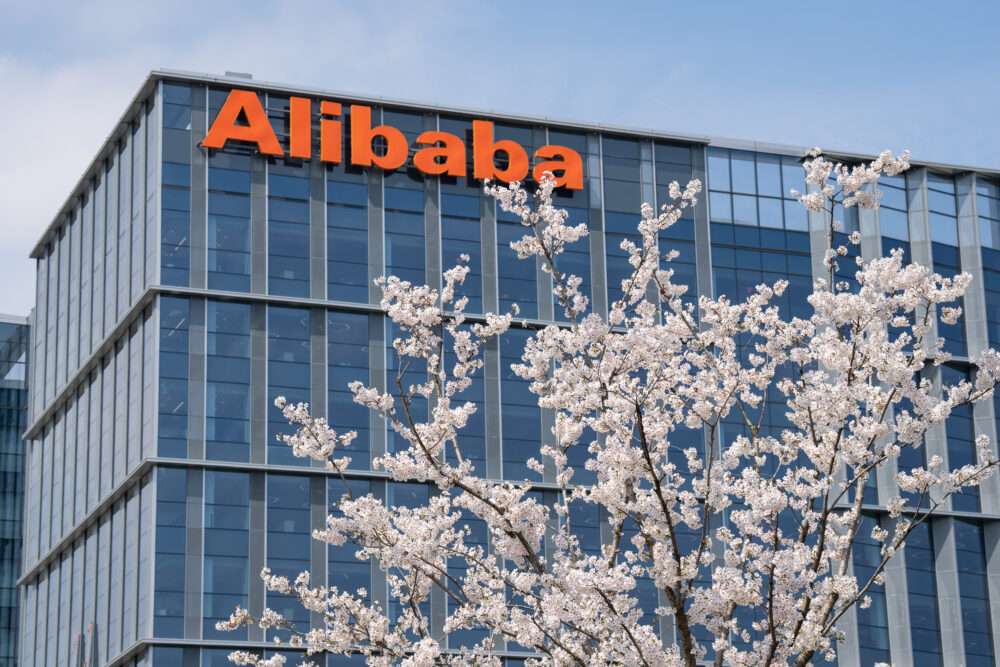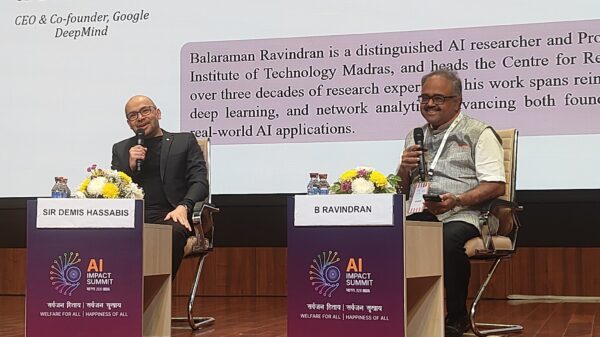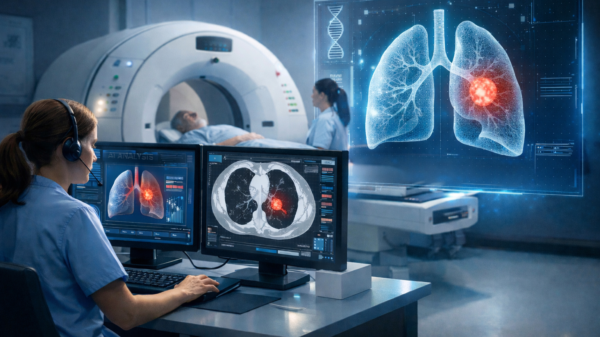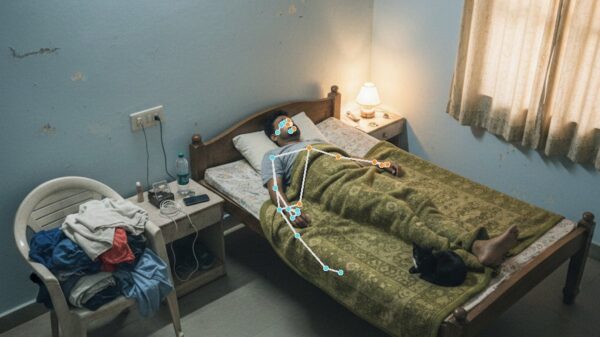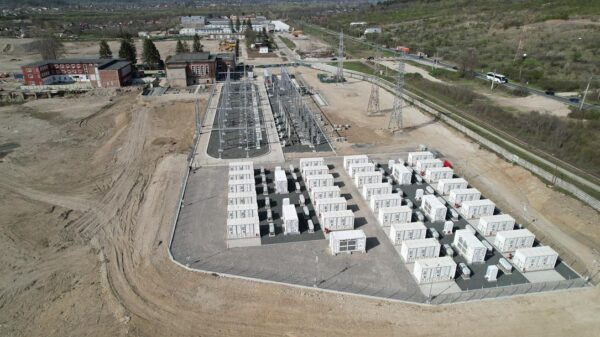Damo Academy, which is the research arm for Alibaba Group Holding (NYSE: BABA), pulled in an endorsement from the US Food and Drug Administration (FDA) for a cancer detection tool that uses artificial intelligence.
On Thursday, the FEDA granted a breakthrough device designation to the group’s Damo Panda model, which allows it an expedited review and approval process.
Alibaba revealed Damo Panda, a tool designed to identify pancreatic cancer, in a paper published in Nature Medicine in 2023. The paper said that the tool can effectively detect early-stage cancers in asymptomatic patients.
Panda is a deep learning model trained on abdominal non-contrast CT scans from 3,208 pancreatic cancer patients. Testing showed that it was 34.1 per cent more sensitive than radiologists at identifying the disease, according to Damo researchers.
Alibaba has deployed Damo Panda in trials across China, the company announced on Thursday. It has screened 40,000 people at a hospital in Ningbo, an eastern city. The tool identified six early-stage cases, including two missed by routine exams, the company said last month.
In 2017, Alibaba established Damo Academy, focusing on AI and the open-source chip architecture RISC-V. The research group has developed a series of RISC-V processors called XuanTie, including a server-grade CPU announced in February.
Damo Academy will promote the AI model both domestically and internationally by partnering with companies like Ankon Medical Technologies, Alibaba said.
AI has transformed medical imaging in recent years. Studies show it can match or even surpass human experts in image analysis. Models can also enhance medical images.
Read more: Breath Diagnostics pioneers novel lung cancer breath test
Read more: Breath Diagnostics takes aim at lung cancer with One Breath
Healthcare and artificial intelligence are big business
Across the globe, tech giants and startups alike are accelerating their investment in artificial intelligence for healthcare. Outside China, companies like Alphabet Inc (NASDAQ: GOOGL) and Microsoft Corporation (NASDAQ: MSFT) continue to lead the charge.
Google’s DeepMind has developed AI models that predict acute kidney injury and eye diseases with remarkable accuracy. Microsoft has partnered with several health systems to deploy its AI tools for clinical decision support, patient management, and predictive analytics.
IBM (NYSE: IBM), after spinning off Watson Health, still collaborates on AI-based health solutions through new ventures and licensing partnerships.
In Europe, Siemens Healthineers integrates AI into imaging systems to help radiologists read scans faster and more precisely. Germany’s Bayer (ETR: BAYN) is also investing in AI platforms to support drug discovery and early diagnosis.
Additionally, Israel has become a hotbed for medical AI startups. Zebra Medical Vision uses deep learning to identify conditions in medical imaging, while Aidoc’s tools assist radiologists with clinical insights.
In the United States, AI innovation in cancer care continues to grow rapidly. Tempus AI, Inc (NASDAQ: TEM), founded by Groupon’s Eric Lefkofsky, uses AI and machine learning to tailor cancer treatments based on clinical and molecular data. Flatiron Health, acquired by Roche, harnesses oncology-specific data to support personalized medicine and improve clinical trial design. Paige.AI focuses on AI-powered pathology, helping pathologists detect cancer in tissue samples more accurately and efficiently.
Startups are also pushing boundaries in cancer detection. Breath Diagnostics uses breath analysis to detect lung cancer early. Its OneBreath platform captures volatile organic compounds linked to cancer, offering a non-invasive and scalable screening tool.
Another U.S. company, Freenome, uses machine learning to analyze blood samples and detect early signs of colorectal cancer. Meanwhile, UK-based Owlstone Medical develops breath biopsy technologies to identify cancer and other diseases at their earliest stages.
AI is reshaping every stage of cancer care
AI plays a growing role not just in diagnosis but across the entire cancer care journey. PathAI enhances biopsy interpretation, helping to avoid misdiagnoses and guide treatment plans. In treatment, companies like Insilico Medicine apply AI to discover new drug candidates faster than traditional methods. Meanwhile, companies like Varian, now part of Siemens Healthineers, use AI to optimize radiation therapy for cancer patients, improving both safety and precision.
Artificial intelligence also supports patient experience and recovery.
Chatbots powered by natural language processing help patients manage side effects and stay informed. AI scheduling tools reduce wait times and improve the coordination of care. Some platforms even monitor patient speech, movement, and biometrics to detect early signs of relapse or complications.
As AI becomes more sophisticated, its integration into oncology deepens. Hospitals now use AI to analyze pathology slides, genomic data, and imaging results in minutes—work that used to take days. Drug developers rely on machine learning to model how new compounds might behave in cancer cells. Cancer registries and public health institutions use AI to track patterns, improving population-level insights.
AI also strengthens precision oncology. By combining genetic information with medical records, platforms can suggest which therapies will work best for an individual. Companies like Foundation Medicine and Caris Life Sciences use AI to match cancer mutations with clinical trials and targeted drugs.
Even in end-of-life care, AI plays a role. Some systems predict when a patient might need palliative support, helping clinicians make compassionate decisions earlier. The cancer fight, once defined by trial and error, now gains speed and accuracy through artificial intelligence—offering more patients a chance at earlier diagnosis, tailored treatment, and improved survival.
.
Follow Joseph Morton on Twitter
joseph@mugglehead.com

